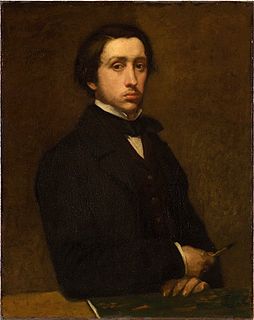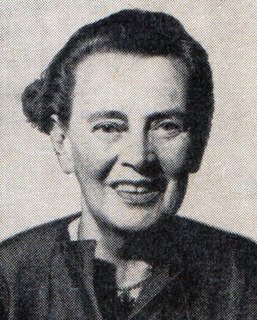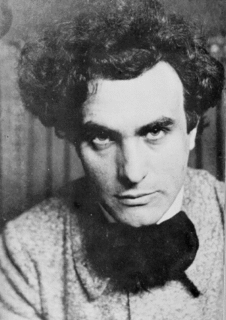A Quote by Gustave Courbet
The expression of beauty is in direct ratio to the power of conception the artist has acquired.
Quote Topics
Related Quotes
Beauty is for the artist something outside all orders of rank, because in beauty opposites are tamed; the highest sign of power, namely power over opposites; moreover, without tension: - that violence is no longer needed: that everything follows, obeys, so easily and so pleasantly - that is what delights the artist's WILL TO POWER.
There are four different kinds of power in a communication: position power (the CEO talking to her direct reports), emotion power (passion sometimes rules the day), expertise (people often listen to the most knowledgeable person in the room), and conversational power (the subtlest, this is the ability to direct the conversation through body language).
There are faces so fluid with expression, so flushed and rippled by the play of thought, that we can hardly find what the mere features really are. When the delicious beauty of lineament loses its power, it is because a more delicious beauty has appeared, that an interior and durable form has been disclosed.
Clearly the hardest thing for the working artist is to create his own conception and follow it, unafraid of the strictures it imposes, however rigid these may be... I see it as the clearest evidence of genius when an artist follows his conception, his idea, his principle, so unswervingly that he has this truth of his constantly in his control, never letting go of it even for the sake of his own enjoyment of his work.







































